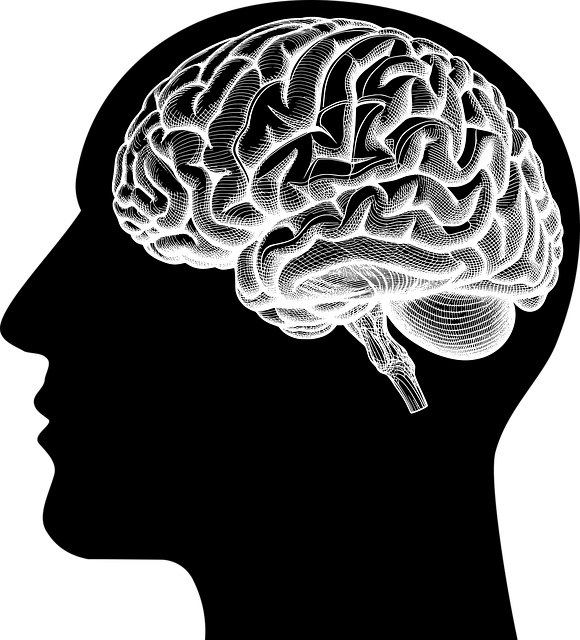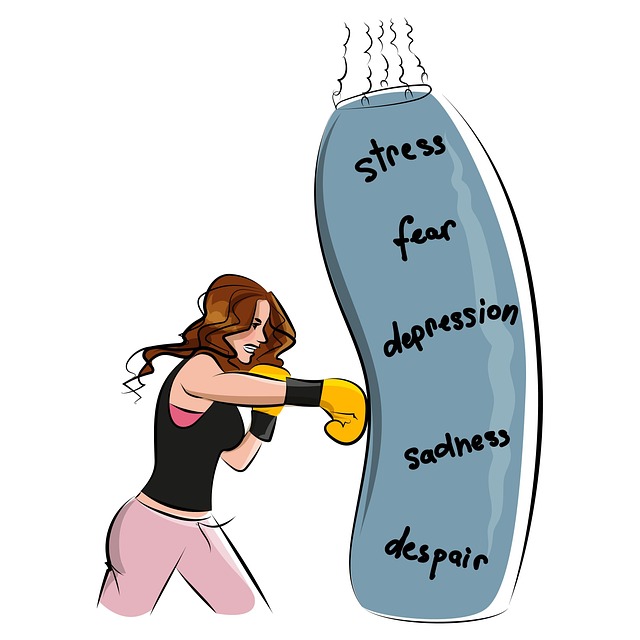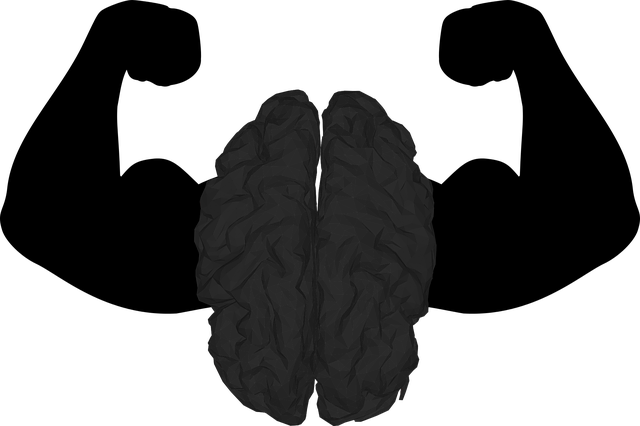Developing a mental wellness app tailored to elders' therapy and mindfulness needs is a strategic must in today's digital era, addressing their unique challenges of isolation, loneliness, and mental health issues. Marketing should highlight personalized features, simple language, and community-building aspects to engage seniors. By combining social media, partnerships, email campaigns, and SEO with keywords like "Therapy for Elders Mindfulness," the app can foster a supportive environment, promoting mental health awareness and well-being among this demographic.
Mental wellness apps are transforming senior care, but effective marketing is key to reaching this often-overlooked demographic. This guide navigates a strategic approach to promoting mental health solutions tailored to elders’ unique needs. We explore understanding the target audience—elderly individuals facing distinct mental health challenges—and positioning your app as an indispensable tool for mindfulness. Discover optimal marketing channels, from social media engagement to partnerships with senior centers, coupled with content strategies that foster user retention and drive long-term success in the competitive mental wellness space, focusing on therapy for elders’ mindfulness.
- Understanding the Target Audience: Elders and Their Mental Health Needs
- Positioning Your App: Uniquely Addressing Elderly Mindfulness
- Marketing Channels and Strategies for Maximum Reach
- Engaging Content and User Retention Tactics for Long-Term Success
Understanding the Target Audience: Elders and Their Mental Health Needs

Understanding the target audience is a crucial step in developing an effective marketing strategy for mental wellness apps, especially when catering to elders and their unique mental health needs. As our population ages, it’s essential to recognize that older adults may face distinct challenges related to mental well-being. Many elderly individuals struggle with feelings of isolation, loneliness, depression, and anxiety, which can be exacerbated by age-related physical health issues.
Marketing efforts should focus on promoting the benefits of therapy and mindfulness practices tailored for this demographic. Highlighting how these strategies can help manage anxiety relief and improve mental health awareness among elders is key. Additionally, emphasizing communication strategies within the app that foster connections and provide support networks can be a powerful selling point. By addressing these specific needs, marketing campaigns can effectively reach and engage older adults seeking solutions to enhance their overall well-being.
Positioning Your App: Uniquely Addressing Elderly Mindfulness

In today’s digital era, developing a mental wellness app tailored to the unique needs of the elderly is a game-changer. Positioning your app as a specialized therapy for elderly mindfulness ensures it stands out in a crowded market. Many existing apps focus on general mental health, overlooking the specific challenges and preferences of seniors. By offering tailored features like personalized journaling exercises and guidance for cultivating positive thinking, your app can create a niche yet vital role in the lives of this demographic.
Targeting the elderly with a mental wellness app that emphasizes confidence-boosting activities can be immensely valuable. As people age, they may face increased social isolation or physical limitations that impact their mental well-being. Your app can provide accessible tools for self-care and mindfulness, helping to combat loneliness and promote resilience in an often-overlooked population. Using simple language and intuitive design, you can create a user experience that is both comforting and engaging, uniquely addressing the mindfulness needs of seniors.
Marketing Channels and Strategies for Maximum Reach

In today’s digital era, marketing a mental wellness app designed for elders, with a focus on mindfulness and positive thinking, requires a multi-channel strategy to maximize reach. Social media platforms like Facebook and Instagram are vibrant, bustling environments that can effectively showcase your app’s benefits through engaging content, such as short videos demonstrating meditation techniques or success stories from satisfied users. Additionally, leveraging partnerships with senior living communities, healthcare providers, and community outreach programs implementation can further expand your audience. These collaborations not only increase visibility but also lend credibility to your app, positioning it as a valuable tool for enhancing mental wellness among elders.
Email marketing campaigns targeted at both seniors and their caregivers can be another powerful strategy. By offering free trials or exclusive content, you can capture interest and encourage downloads. Moreover, integrating SEO best practices with keywords like “therapy for elders” and “mental wellness” ensures that your app appears in relevant searches, attracting those actively seeking solutions. A well-rounded marketing approach that combines these channels can help foster a sense of community around your app, emphasizing its role in promoting positive thinking and overall mental health for the elderly population.
Engaging Content and User Retention Tactics for Long-Term Success

Developing a comprehensive marketing strategy for a mental wellness app tailored to elders is key to promoting awareness and accessibility of much-needed therapy for elderly mindfulness. By understanding specific target audience needs, positioning the app as a unique solution, employing effective marketing channels, and creating engaging content, you can foster long-term user retention. This approach ensures that elders have access to digital tools supporting their mental health journey, ultimately enhancing overall well-being.











